7 Vows In Hindu Wedding And Their Importance To Religion And Society
Nari Chakraborty |Sep 27, 2019
Hindu Wedding carries both social and religious importance. One of the most characteristic rituals is 'seven vows'. Keep on reading to get to know the exact meaning of Hindu Wedding's seven vows.
- Handy Tips For Wedding Season: How To Make Mehndi Darker With Lemon And Kitchen Ingredients
- Chhattisgarh Man Married Two Women With Their Consent, Is Polygamy Allowed In India?
- Post-Graduate Bride Called Off Her Wedding After Friends Of Groom Dragged Her To Dance Floor
Although the customs vary from each place around the world, a wedding ceremony is always sacred and enthusiastic. Likewise, Hindu Wedding carries both social and religious importance.
One of the most characteristic rituals is Saptapadi, also known as 'seven vows' happening during the sacred fire. Having been curated long ago, the vows still have modern values for every couple.
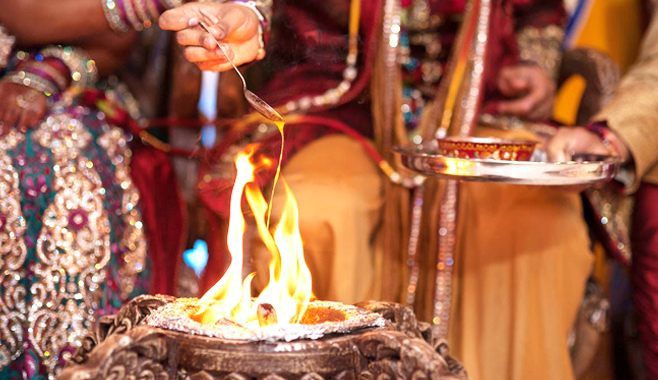
As we mentioned above, the seven vows take place while the bride and the groom take a walk around the sacred fire. People use wood, ghee, and cow manure to lit the holy fire to protect the environment and maintain the faith. According to mythology, since the fire can separate the couple from each other, it can tie them eternally.
1. The first vow

This vow shows the willingness of the bride and the groom as responsible parents to fulfill their children's well-being. The groom assures to bring welfare and joy to the family and, in return, the bride will provide food and support whenever needed. Moreover, the bride also takes responsibility for completing household management.
2. The second vow

The second vow appreciates the protection for children and the position of the bride as being a supportive partner. She promises to bring him happiness and he shall be loyal to her for the rest of his life. Since they will be together until they die, this vow allows them to search for affectional and physical strength on spiritual levels.
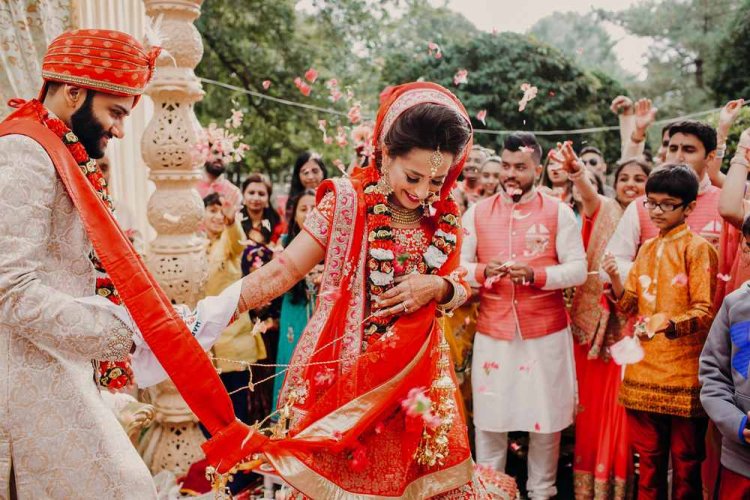
3. The third vow

With this vow, the groom wishes for a bright and fulfilling future for their children. Meanwhile, the bride makes sure that she will give her partner nothing but loyalty. This is also when the couple, together, pray for the richness and guarantee their religious obligations. They also wish for the power to meet their children's demands and educate them well.
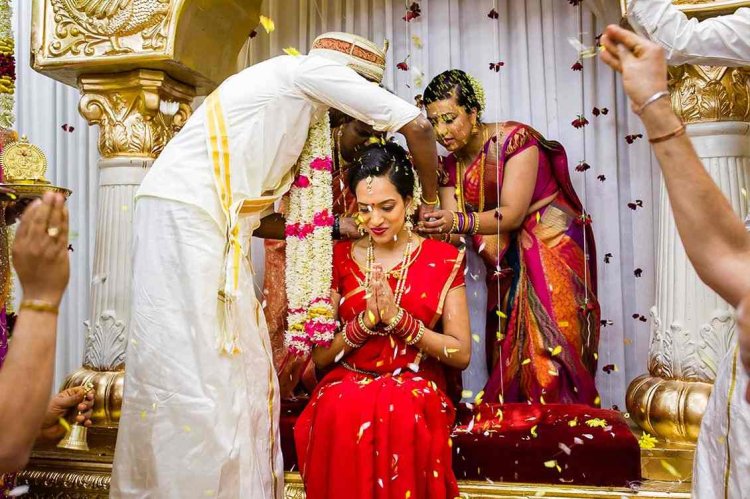
4. The fourth vow

The fourth vow represents the bride's respect for his life-long wife. To the bride, she shall do everything to make the husband happy and pleasant, meanwhile, the groom pins his hopes for their children's life. This vow not only emphasizes the essence of a family unit in Indian society but asks each couple to uphold family values.
5. The fifth vow

The groom shall consider the bride as a best friend and sends thanks to her for being his constant well-wisher. To respond to this, the bride claims that his cheerfulness and suffering will be now hers and she is responsible for following through his goals in life.
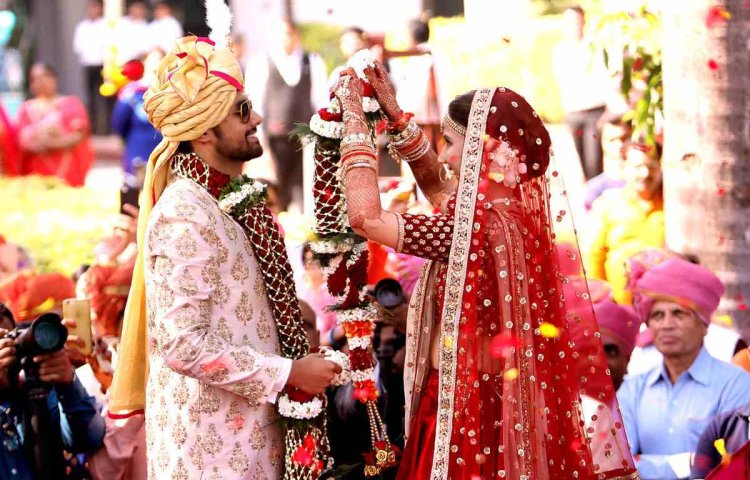
6. The sixth vow

Now, the groom will ask the bride, whether she would love to fill his heart for the rest of her life. This is when the bride swears to stand by her husband's side forever. Together, they seek peace, wealth as well as blessings from God. Furthermore, this sixth vow is also a chance for the groom to display his delight to find the bride in his life.
7. The seventh vow

The bride replies that God shall be the witness of their lifetime bonding. No matter what happens, the couple will love and support each other, so this seventh vow stands for the significance of the company.
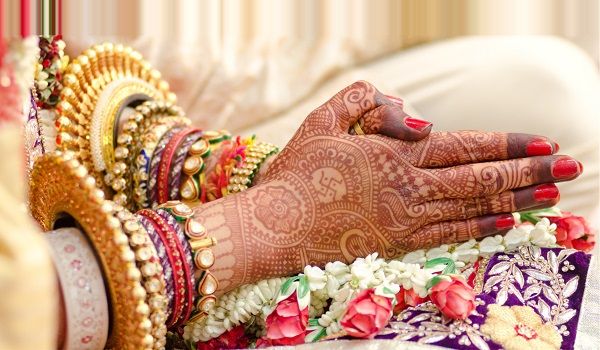
Hindu Wedding reflects honestly Indian culture and in case you want to completely understand its richness, you need to be part of a wedding as the custom varies from different regions. Therefore, it is a must to have a trip to India!
- Tag


Comments
Sort by Newest | Popular